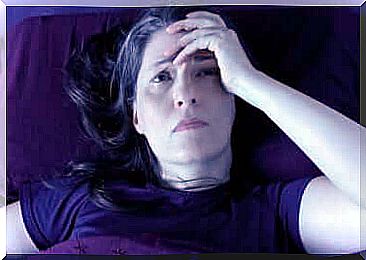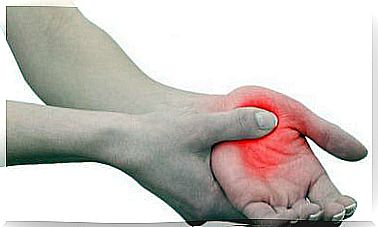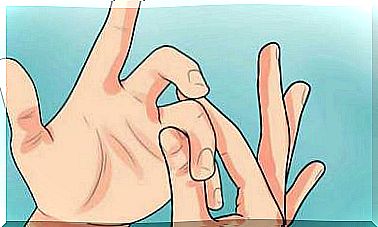Sleep Inertia, Or Why You Wake Up Awkward Or Cranky
Awkwardness or crankiness upon waking up is something common among those who suffer from sleep inertia. It is a disorder that causes a reduction in many cognitive and emotional capacities, immediately after waking up.

Many people feel tired when they get up, despite having accumulated the hours of sleep recommended by specialists. They find it difficult to have a clear mind and it seems to them that their body is malfunctioning. It would even seem that these people were suddenly possessed by clumsiness and bad humor.
However, what they are experiencing is far from being a strange phenomenon. This is a problem called “sleep inertia”. Science began to compile data on this in the 1960s. It is a temporary state of reduced cognitive ability and state of alertness.
This condition usually lasts almost an hour after the person wakes up. However, this period of time varies from case to case. Some people experience it for fifteen minutes and others for an hour or more. It is believed that the duration of this inertia is related to the phase of sleep that was interrupted.
What characterizes the inertia of sleep

This moment of awkwardness and bad mood following sleep is characterized by a reduction in vigilance. There is also a large increase in drowsiness and poor brain performance.
Thus, one suffers from irritability, intolerance, bad mood and even states of depression. The state of sleep inertia may be accompanied by disorientation or general confusion.
This is a phenomenon that interferes with normal mental or physical tasks and results in decreased response time, poor short-term memory, and slow thinking. It looks like the effect of jet lag.
Awkwardness and bad mood when waking up: a medical question
Contrary to popular belief, experiencing awkwardness or a bad mood upon awakening is a medical question that is unrelated to character or personality. In fact, the American Academy of Sleep Medicine has included the state of sleep inertia in the list of parasomnias, that is, sleep disorders.
Sleep inertia affects adults and adolescents alike, without distinction. Finally, its origin cannot be found in the age of those who suffer from it. It could also be an issue related to modern life, which has taken us away from natural cycles and which does not respect circadian rhythms of sleep.
Circadian rhythms are the physical, mental and behavioral changes that follow a daily cycle, directly related to light and dark. Some theories argue that breaking the natural cycle – which consisted of rising with the sun – and the habit of sleeping in the company of artificial lights like the one on the television affected the quality of our sleep.
During sleep inertia, the brain carries out activities specific to the phases of deep sleep. Thus, some studies highlight this relationship between circadian rhythms and sleep inertia, because the latter could be explained by the fact of having woken up the brain during the phase of restful sleep, which is regulated by the biological clock.
Data to be taken into account

Even though sleep inertia seems like something harmless, which only affects those who live with the sufferer, it is not. Scientific studies have shown that if you interrupt sleep during a deep phase of sleep, brain performance can be drastically reduced.
This low brain performance, the slowness in responding to everyday situations, the difficulty in overcoming drowsiness… All of this can be risky in certain professions. Workers who have to stand on duty while taking a nap are at risk of abruptly interrupting their sleep and suffering from sleep inertia. It can also pose a danger to others.
We have not found an effective method to prevent sleep inertia and thus avoid awkwardness and bad mood when waking up. However, it is recommended to maintain a strict sleep hygiene.
Such hygiene involves, among other things, sleeping between seven and eight hours a day without interruption, and not sleeping with televisions or computers in the bedroom. It is also important to have a routine and avoid the consumption of stimulants before going to sleep.









